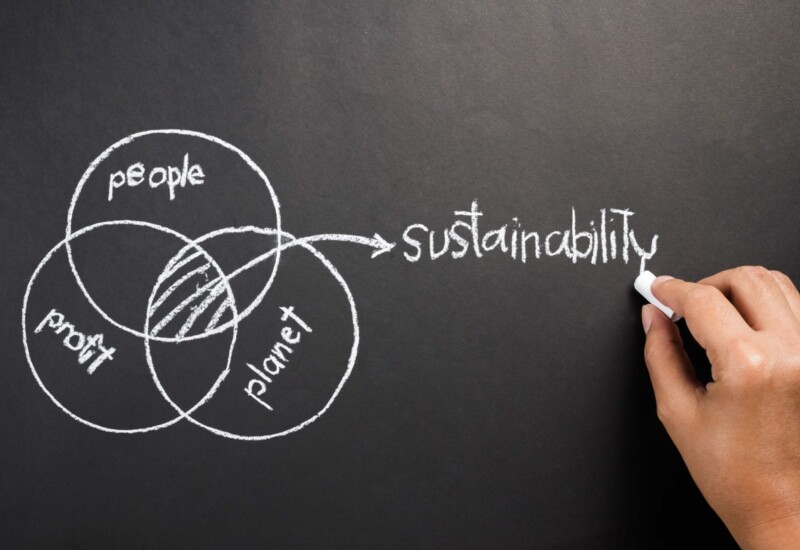The sustainability discussion within the events industry is one that is all-pervading… but is it delivering results? The Planner Guru gauges where we are and speaks to sector specialists on safeguarding our future.
Everyone agrees that sustainability is key to ensuring the future of not just industry but the entire planet. There is a particular emphasis on this within the eventing space because it is so astoundingly resource-intensive – from the substantial wastage of paper, plastics and consumables, to the disposal and usage of materials such as screens and frames for exhibitions stands, in addition to the huge amount of water and electricity required to run an event. It is no wonder that this has become of particular concern for the industry as a whole. And while there is distinct and positive growth, it is slow.
“South African meeting and event planners are starting to understand the benefits that more sustainable events can bring to both their own and their clients’ reputations. Uptake has been slow, but there are promising signs that the international trends are being accepted locally,” notes Greg McManus, chairperson of the Event Greening Forum (EGF).
Shifting attitudes towards sustainability seems to be among the greatest challenges faced by sustainability practitioners, with traditional practices that can potentially harm the environment still widely used.
“South Africa has made a good start in considering greening; however, our ‘modern’ processes and first-world capabilities are, in essence, our downfall in this. Companies are so geared to manufacture in a non-sustainable way that they are resistant to change,” says Gary van der Watt, director of Resource Design, a stand-building company that uses Xanita or X-board (a lightweight recycled and recyclable material) to construct exhibition stands.
A sustainable effort
While it is clear there are industry players making significant strides in the area of sustainability, efforts towards this are often not continued long enough to make a meaningful impact. It is for this reason that South Africa is falling behind its African counterparts.
“We seem to have got stuck on greening in the form of effective waste management; how to reduce waste and how to deal with it once we have it. This is more effective for a venue or event but for exhibitions or any build-related action, a waste management approach is very superficial,” says Gary from Resource Design. He notes that countries such as Kenya and Rwanda are implementing sustainability far more effectively than South Africa. “This is largely due to the fact that they are less invested in non-sustainable technology and process. They also have a will to implement and a realisation of the negative impact that toxic products carry,” he says.
And with so much activity and dialogue taking place around sustainability, this presents unique prospects for the market – Dr Harold Goodwin, professor emeritus: Institute of Place Management at Manchester Metropolitan University as well as MD of the Responsible Tourism Partnership, believes that with the benefits extending far beyond just greening.
“Event organisers now have an excellent opportunity to engage both their clients and the attendees in the effort to achieve triple-bottom-line sustainability (planet, people, profit). South Africa needs to see all organisers raising their game and getting closer to the best; given that the best are securing business, it is difficult to argue that the burden of sustainability is a crippling one. On the contrary, sustainability can provide a commercial advantage and raise quality,” he says.
Where to from here?
Lindiwe Rakharebe, CEO of the Durban ICC, feels that, in order to be truly sustainable, we will need to reinvent the way in which we do business.
“This can be achieved if we re-evaluate our business model, increase collaboration, set new industry trends such as implementing new and sustainable event greening initiatives, develop creative ways to encourage visitors by using modern technology and social media marketing strategies, as well as strengthening cross-border relations,” she says.
In the short term, recycling and greening initiatives are a good starting block towards sustainability but ultimately, non-sustainable practices will need to be made obsolete, with alternatives sought to replace them.
“Greening, waste management channels have been set up and function effectively, but the overarching drive is to find truly sustainable alternatives. This extends beyond our design, processes, logistics, interaction with other suppliers and procurement, to form not just a sustainable way of thinking but a sustainable way of life. This may sound clichéd but it is undeniably true,” concludes Gary.







